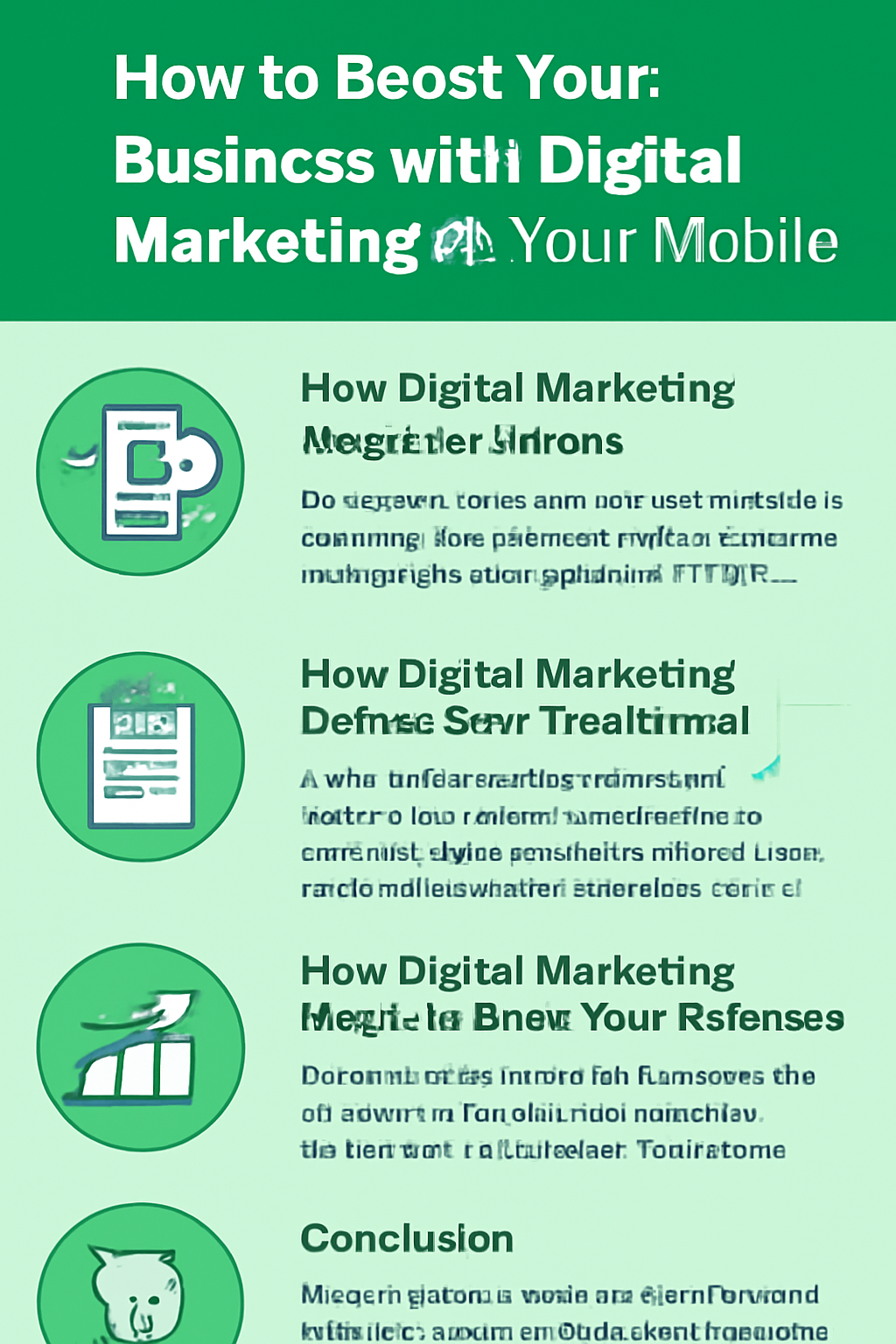E-commerce in Bangladesh is booming, yet it’s not without its share of challenges. While the market holds immense potential, businesses face a range of management problems that hinder their growth. This article delves into these issues and offers practical solutions to navigate the complex landscape of e-commerce in Bangladesh.
Overview of E-commerce in Bangladesh
Growth and Potential
Bangladesh’s e-commerce sector has witnessed exponential growth, driven by increasing internet penetration and smartphone usage. The youthful population, coupled with rising consumer spending, makes Bangladesh a lucrative market for e-commerce ventures.
Current Landscape
Despite its growth, the e-commerce in Bangladesh remains fragmented. Numerous small and medium enterprises (SMEs) are vying for a share of the market, creating a competitive yet chaotic environment.

Key E-commerce Management Problems
Infrastructure Challenges
Logistics and Delivery Issues
One of the primary hurdles is the inefficient logistics network. Delivering products, especially to remote areas, poses a significant challenge due to poor infrastructure and lack of reliable delivery services.
Payment Gateway Limitations
The payment system in Bangladesh is not fully developed, with limited options for secure and convenient online transactions. Many consumers still prefer cash on delivery (COD), which complicates the e-commerce process.
Regulatory and Legal Hurdles
Complex Taxation System
The complex and often ambiguous taxation system creates difficulties for e-commerce businesses. Navigating through various tax regulations and ensuring compliance can be daunting, especially for new entrants.
Lack of Consumer Protection Laws
Inadequate consumer protection laws lead to trust issues between buyers and sellers. Consumers are often skeptical about the authenticity and quality of products, affecting the overall growth of the sector.
Technological Barriers
Internet Penetration
While internet usage is on the rise, there are still areas with limited access to high-speed internet. This digital divide restricts the reach of e-commerce platforms to a broader audience.
Cybersecurity Concerns
The threat of cyber-attacks and data breaches is a major concern for e-commerce businesses development. Weak cybersecurity measures can lead to significant financial and reputational damage.
Market Competition
Dominance of Global Giants
International e-commerce giants often overshadow local players, making it difficult for smaller businesses to compete. The dominance of these global players poses a threat to the sustainability of local enterprises.
Local Competitor Dynamics
The presence of numerous local competitors creates a saturated market. Businesses constantly need to innovate and differentiate themselves to stay relevant and attract customers.

Solutions to E-commerce Management Problems
Increasing Infrastructure
Improving Logistics Networks
Investing in robust logistics networks is crucial. Partnerships with reliable delivery services and the development of regional distribution centers can streamline the delivery process and ensure timely deliveries.
Strengthening Payment Systems
To address payment gateway limitations, e-commerce in Bangladesh should collaborate with financial institutions to develop secure and user-friendly payment options. Promoting digital wallets and mobile banking can also reduce reliance on COD.
Regulatory and Legal Reforms
Simplifying Taxation
Simplifying the taxation process and providing clear guidelines can ease the burden on e-commerce businesses. Government initiatives to streamline tax regulations will encourage more entrepreneurs to enter the market.
Enforcing Consumer Protection
Implementing stringent consumer protection laws will build trust between buyers and sellers. Establishing clear return and refund policies and ensuring product quality can enhance consumer confidence in online shopping.
Technological Advancements
Expanding Internet Access
Expanding internet infrastructure, especially in rural areas, will bridge the digital divide. Government and private sector investments in high-speed internet will make e-commerce accessible to a larger population.
Investing in Cybersecurity
E-commerce businesses must prioritize cybersecurity. Investing in advanced security measures and educating employees and customers about safe online practices can mitigate the risk of cyber threats.
Strategic Market Positioning
Leveraging Local Strengths
Local businesses can leverage their understanding of the domestic market to offer tailored products and services. Highlighting unique local features and cultural elements can attract more customers.
Collaboration with Global Players
Collaborating with global e-commerce platforms can provide local businesses with greater exposure and resources. These partnerships can help small enterprises scale up and compete more effectively.
Case Studies
Successful E-commerce in Bangladesh
Examining successful e-commerce in Bangladesh can provide valuable insights. These companies have navigated the challenges and emerged as market leaders.
Lessons from Other Countries
Looking at e-commerce models from other countries, like India and China, can offer lessons on overcoming similar challenges. Their strategies in logistics, payment systems, and regulatory compliance can be adapted to the Bangladeshi context.
Conclusion
E-commerce in Bangladesh holds significant promise, but overcoming the management problems is essential for sustainable growth. By addressing infrastructure, regulatory, technological, and competitive challenges, businesses can unlock the full potential of this burgeoning market.
FAQs
1. What are the main challenges faced by e-commerce in Bangladesh?
E-commerce businesses in Bangladesh face challenges such as inefficient logistics, limited payment gateways, complex taxation, lack of consumer protection, low internet penetration, cybersecurity issues, and intense market competition.
2. How can logistics and delivery issues be addressed in Bangladesh?
Improving logistics networks through partnerships with reliable delivery services and developing regional distribution centers can help address delivery issues. Investments in infrastructure are also crucial.
3. What regulatory reforms are needed for e-commerce in Bangladesh?
Simplifying the taxation system and enforcing consumer protection laws are key regulatory reforms needed to support e-commerce growth. Clear guidelines and streamlined processes will encourage more businesses to enter the market.
4. How can technological advancements benefit e-commerce in Bangladesh?
Expanding internet access and investing in cybersecurity measures can significantly benefit e-commerce in Bangladesh. These advancements will enhance accessibility and protect businesses and consumers from cyber threats.
5. What role do global e-commerce platforms play in Bangladesh’s market?
Global e-commerce platforms can provide local businesses with greater exposure and resources. Collaborations with these platforms can help small enterprises scale up and compete more effectively in the market.




